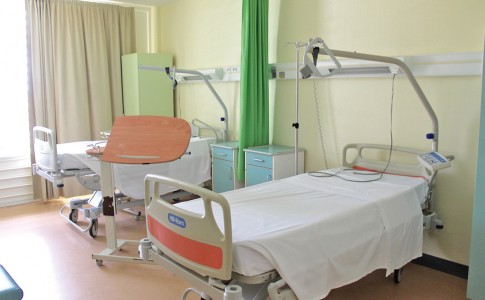Dengue fever, a viral disease transmitted by mosquitoes, regularly makes headlines due to its impact on public health. This disease, constantly increasing in many regions of the world and more active than ever in our territory, presents increasing challenges for health authorities.

Understanding dengue
Dengue is a viral infection transmitted mainly by mosquitoes of the Aedes genus, particularly Aedes aegypti. It manifests itself in various forms, ranging from mild fever to a more serious form. Common symptoms include high fever, muscle and joint pain, nausea, vomiting, rash and headache. You can catch dengue fever several times because there are four subtypes of dengue fever, let's say to simplify, A, B, C and D. If our body is infected by A, it defends itself and produces anti-A antibodies. You can therefore still be infected with B, C or D. It happens that the next infection is stronger/serious than the previous one. For example, after encountering A and D and producing anti-A and anti-D antibodies, our body “overreacts” to B. In severe cases, dengue can cause bleeding, a decrease in platelets and hemorrhages which can be fatal.
Dengue around the world
Dengue is natural and native to tropical and subtropical regions. Unfortunately, dengue case numbers doubled in South and Central America and the Caribbean between 2021 and 2022, from 1,2 million to 2,8 million cases. Obviously, Saint-Martin is no exception and we regularly confirm cases of dengue fever thanks to a blood test taken in the laboratory. In recent years, the disease has spread to new regions, such as the United States and Europe, due to climate change and international travel.
Why is this a problem?
Dengue fever is a growing public health challenge because there is currently no specific treatment for dengue fever, and treatment is limited to relieving symptoms. Additionally, the virus is developing drug resistance in some regions, complicating disease management. Although dengue vaccines exist, they are far from perfect and do not protect against all types of the disease. Dengue prevention relies largely on controlling mosquito populations. This includes using repellents, mosquito nets and eliminating mosquito breeding sites, such as standing water.
A call to action
The fight against dengue requires international cooperation and sustained efforts to reduce the spread of the disease. Health authorities, researchers and governments around the world must work together to develop more effective vaccines, improve mosquito control methods and raise public awareness of prevention measures.
Dengue remains a threat requiring constant vigilance. Continued research and investments in prevention are essential to curb the spread of this serious viral disease. Citizens are encouraged to take individual measures to protect themselves against mosquito bites and monitor their health in case of dengue symptoms, especially in high-risk regions.
Protect yourself from mosquitoes and above all, take care of yourself. _FS
The epidemic is progressing in Saint-Martin
Our territory has been in the dengue epidemic phase for two weeks. The latest figures dating from December 7, 2023 show a worsening of the epidemiological situation with 170 clinically suggestive cases compared to 100 the previous week. For hospital visits, we note an improvement with 16 compared to 30 and no hospitalizations compared to 3 last week. For prefect Vincent Berton, these figures should be taken with caution: “Some residents of Saint-Martin who experience dengue fever do not go to see the doctor so the figures represent the tip of the iceberg.” _VX
1,487 total views








No comments